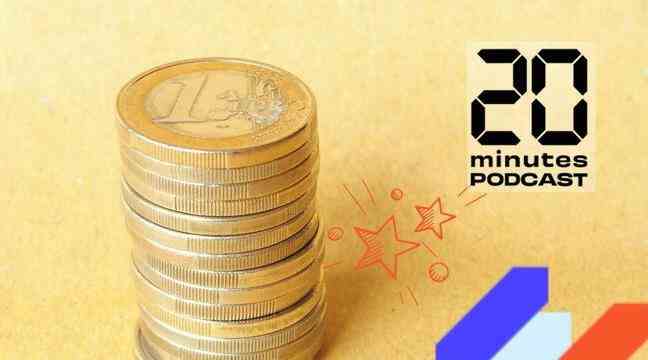In our podcast Wait a minute !place to Presidential minute!, our weekly meeting dedicated to the presidential election campaign, behind the scenes and its annoying questions. After having evoked the oratorical art of the candidates and their possible manipulations, place to the money of the presidential elections. Of its rules and its scandals, while three of the last five presidential elections have been marred by suspicions of major irregularities.
Rules and business
In 1995, Edouard Balladur’s campaign, the Karachi affair, his secret funds from arms sales to Saudi Arabia and Pakistan. In 2007, Nicolas Sarkozy’s campaign and the affair of Libyan financing, revealed by Mediapart. In 2012, Nicolas Sarkozy’s campaign and the Bygmalion affair, his fake invoices to hide the candidate’s campaign cost overruns. His accounts were rejected. Pursued by the courts, the former president was found guilty of “illegal financing” in September 2021. He appealed.
Since the end of the 1980s, the rules have become numerous and strict to frame these electoral campaigns for the supreme mandate. Laws concerning the financing of political parties 1988, 1990and 1995laws to cap spending and for greater transparency and confidence in political life, in 2006, 2009, 2013, 2017. Remember that the electoral campaign is financed by a public funding and private funding, coming in particular from contributions to parties and donations from private individuals. Those donations are capped.
Is France equipped enough to prevent fraud?
Among the main rules on campaign finance, the presidential candidate must maintain a detailed campaign account, which is managed by a financial agent. This account capped at nearly 17 million euros for candidates in the first round and 22 million for those in the second round, must be deposited at the National Commission for Campaign Accounts and political financing (CNCCFP).
Is the law now sufficiently equipped to deal with fraud and illicit financing? Does the campaign accounts committee have enough powers and resources? Should she be able to access party accounts in the presidential year, like the suggests the chairman of this commission ? Could real-time account control prevent fraud, such as proposes the president of the anti-corruption association Transparency International France? Should the names of the major donors to these presidential campaigns be made public? Is the three-month reduction in the accounting period for 2022 presidential campaign expenses problematic?
Does the control commission have enough resources?
We talk about these questions with Jérôme Grand d’Esnon, lawyer, specialist in the financing of electoral campaigns, former legal adviser to the RPR then to the Elysée Palace of Jacques Chirac, former campaign director in the primary to the right of Bruno Le Maire. He is also the author of numerous works on the financing of electoral campaigns.
Wait a minute ! is an original podcast by 20 minutes. You can listen to it on all online listening apps and platformslike apple podcast, Spotify, Deezer Where podcast addict for example. Feel free to rate us and leave a comment on your favorite platform. To write to us: [email protected]

